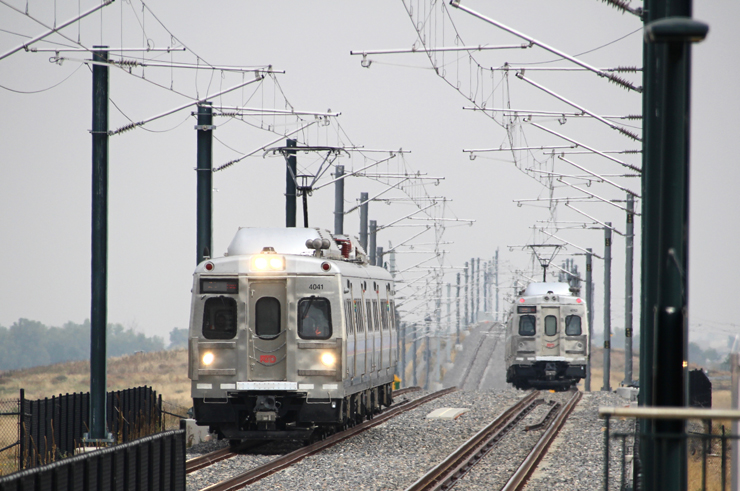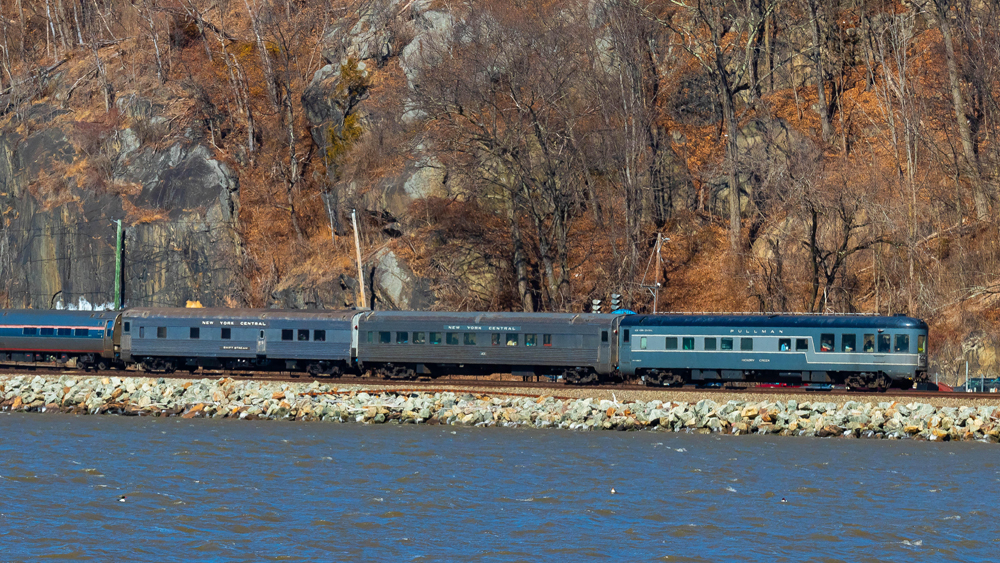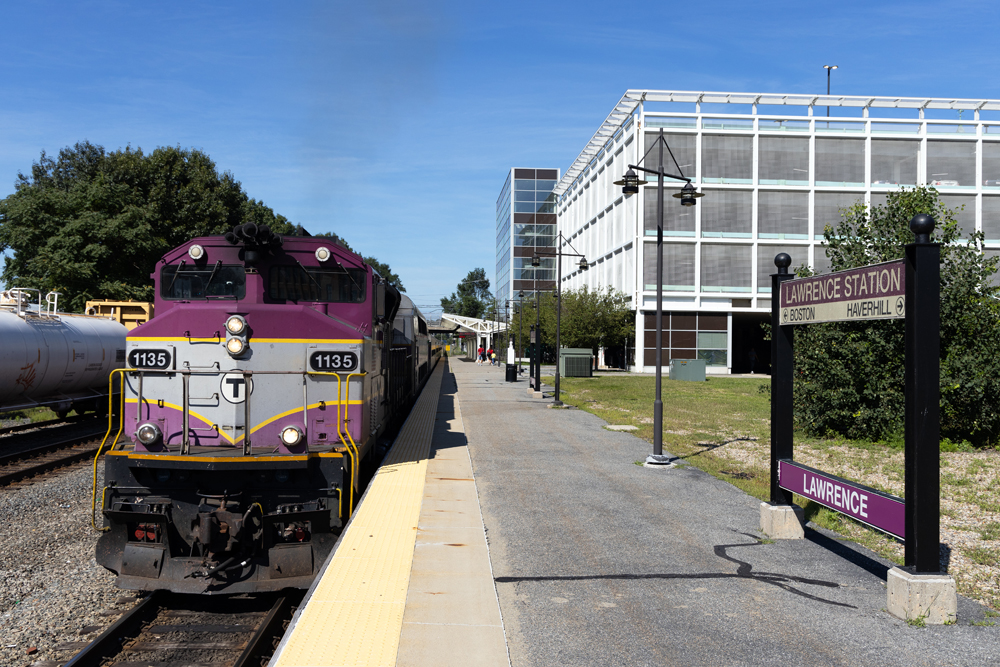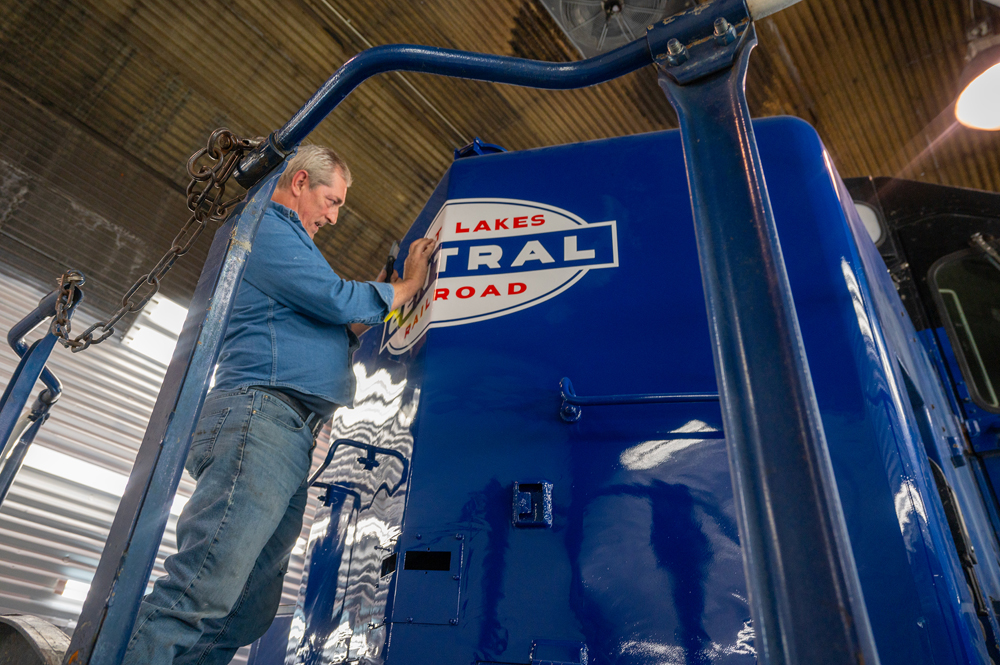
DENVER — The consortium that built commuter rail lines for the Denver-area Regional Transportation District is appealing a court decision that denied its effort to recover almost $112 million in costs because resulting from problems with crossing-gate technology.
The Denver Post reports that Denver Transit Partners filed the appeal on Thursday over the decision regarding costs it incurred from having to use flaggers while debugging wireless technology that mated positive train control with crossing gate controls.
In February, Denver District Judge Andrew McCallin found that the costs from those problems “appropriately rest” with the consortium [see “Judge rules Denver’s RTD does not have to pay …,” Trains News Wire, Feb. 13, 2023]. At the same time, McCallin turned down RTD’s countersuit for $27 million in damages.
Denver Transit Partners CEO Doug Allen said in a statement that the consortium had elected to take the case to the Colorado Court of Appeals because “it is important to protect our rights and the rights of our consortium members. We have enjoyed a very strong working relationship with RTD throughout this length legal process and we expect that to continue.”
The RTD in a statement said it was prepared to oppose the consortium’s appeal.














If memory serves, the wireless crossing technology they chose to use overlapped with a known public access band used for public WiFi. Once they had the supplier replace the wireless equipment that utilized a private band, the crossing problems stopped.
I would like to see how the consortium bid out the solution and what kind of proof of concept and certification testing they did before signing off on the purchase contract.
If the consortium didn’t show due diligence in certifying the solution, then I don’t know how any court in the world would support their legal remedy.
If that’s the case that’s a rookie mistake. I’ve worked in IT for 30 years. There’s no excuse for that kind of mistake.
And seriously, did no one test this before it was installed? REALLY? That boggles the mind. Another rookie mistake. You test the solution and then you test it some more. Especially when public safety is involved.
Suit is without merit. However, stockholders would have a hissy if decision was not appealed. Let this be a lesson to any business that PTC has to be carefully considered when bidding a job including PTC.